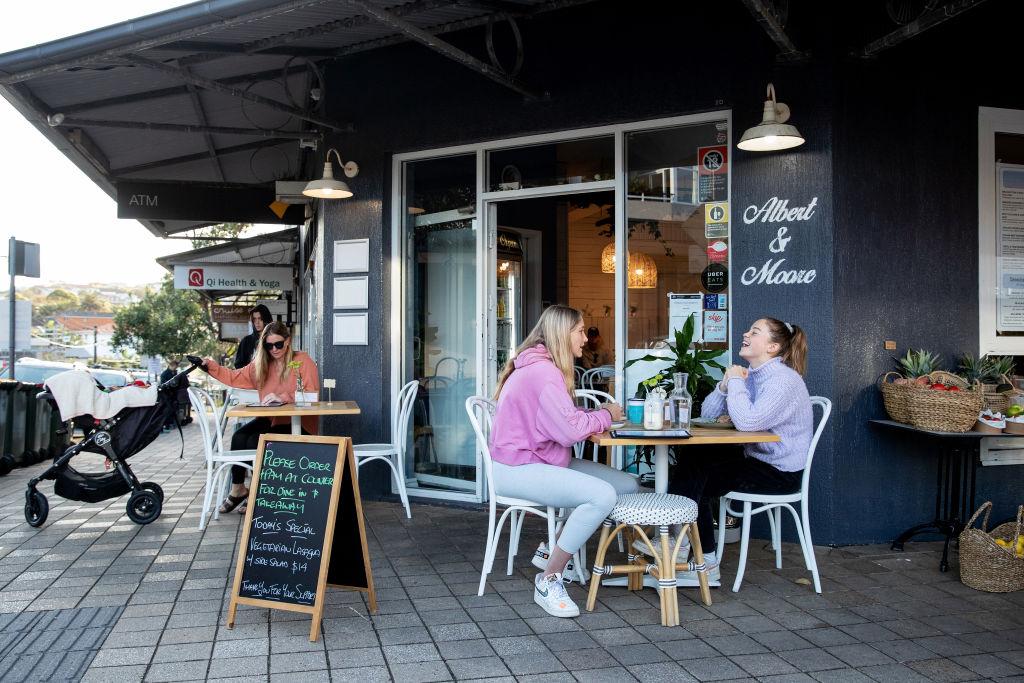Australians are starting new businesses in record numbers, with more than 160,000 added to the economy in 12 months.
The seven percent jump over the course of a year represents a record lift since the data was first recorded 19 years ago, CommSec economist Craig James said.





